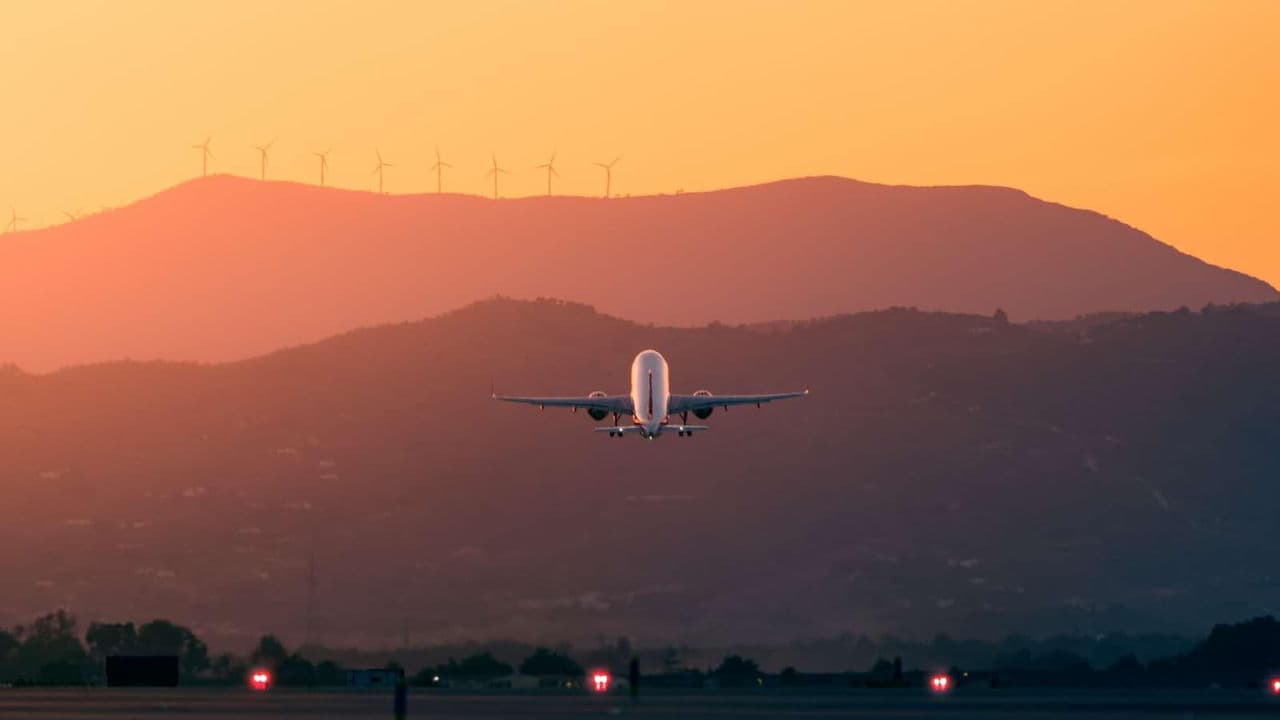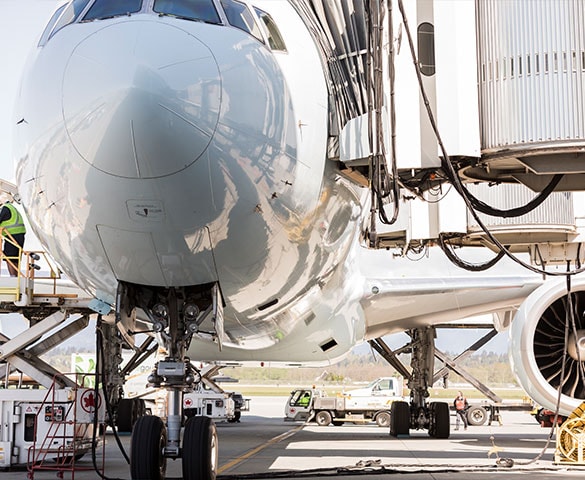{{item.title}}
{{item.text}}

{{item.text}}
The aviation sector is getting prepared for a new age of air travel.

In these times of change, how will airlines and airports respond to these requirements?
The aviation sector is getting prepared for a new age of air travel. The challenges the aviation sector is being faced with today are:
Furthermore climate change has emerged as one of the most important political and business issues of our time. Global consensus around the need to reduce carbon and other greenhouse gas emissions continues to grow. In Europe, the European Union Emissions Trading Scheme (EU ETS) to cap and curb emissions of stationary sources and aircraft operators, is in place and requires that emissions need to be reported and audited by 2010, but allowances only need to be surrendered as from 2013.
As such, by 2010, aircraft operators need to have a reliable monitoring system in place - for this so called monitoring, plans have to be submitted as early as mid-2009 to the competent authority. In these times of change, how will airlines and airports respond to these requirements?
The European Union has embedded the initiative of the World Custom Organisation to improve security of the supply chain in the ‘Authorised Economic Operator’ programme. This initiative was converted into the legislation of the different EU member states.
Certified Economic Operators will be treated as reliable trade partners and will have access to ‘green lanes’ which will increase safety, efficiency and speed of the supply chain. The ‘AEO’ status will become an undeniable need for all companies who envisage to participate efficiently and cost-minded in the supply chain.
In return for AEO certification, companies will need to benchmark and adjust their internal control processes affecting the supply chain against the EU member state ‘AEO’ requirements. In order to live up to the standards imposed by the custom authorities, companies will carefully need to review control processes in place and to act as pioneers in the use of innovative techniques.
{{item.text}}

{{item.text}}

Steven De Bruyn
Partner, Aerospace and Defence, Global Relationship Partner within PwC for NATO, PwC Belgium




